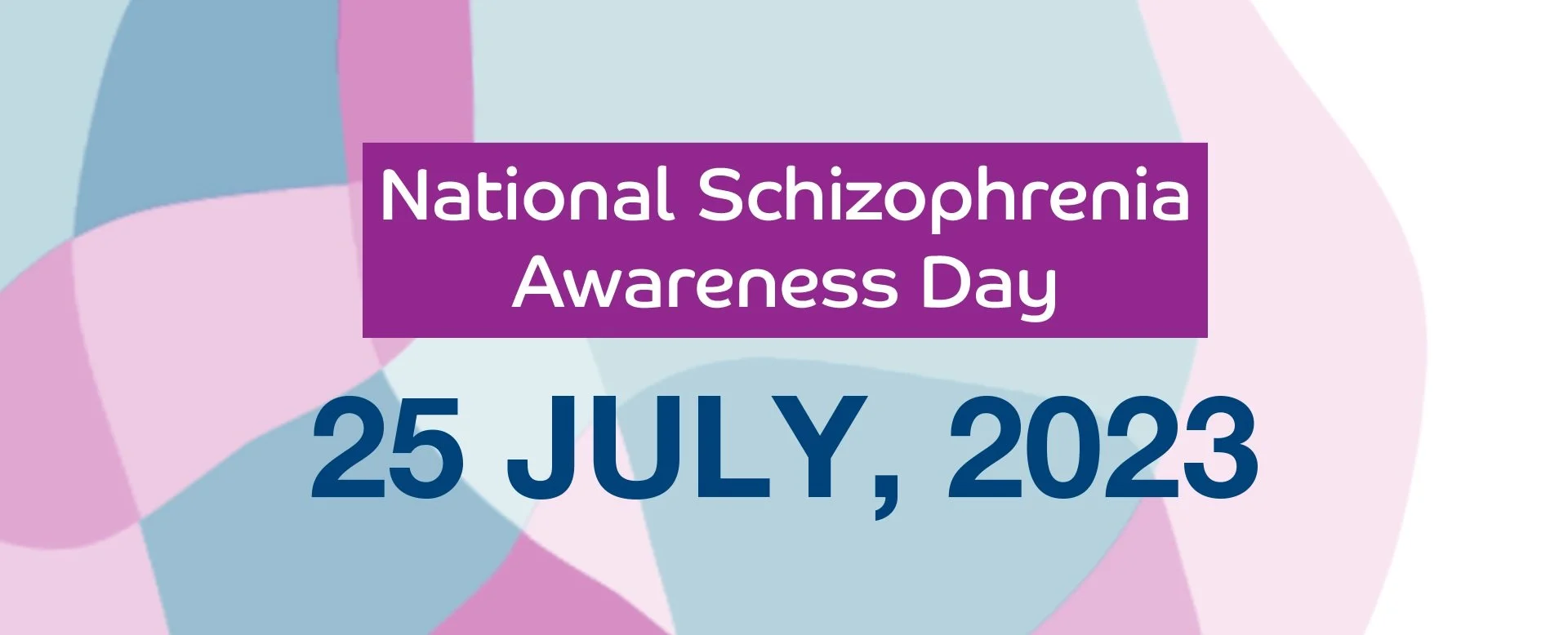National Schizophrenia Awareness Day.
Let’s talk about Schizophrenia.
Schizophrenia is a serious mental illness, it affects how a person thinks, feels, and behaves. People with schizophrenia may seem like they have lost touch with reality, which can be distressing for them and for their family and friends. There are 2 general groups of mental illnesses, common mental illnesses – these are things like anxiety, depression, PTSD, eating disorders, here people are aware of their illness. With serious mental illnesses (psychoses), people are less aware more consumed within it. Schizophrenia is a psychosis. A person with this may not always be able to distinguish their own thoughts and ideas from reality.
We do not know what exactly causes Schizophrenia, most experts think it is a combination of things some genetic and some experiential or environmental, which seem to trigger the condition. It’s a long-term mental illness, that affects about 1 in every 300 people Muslim or not. Globally most people don’t get treatment for it despite the distress it causes. Symptoms vary with different presentations of the illness, but overall, here’s what the WHO say about the symptoms:
‘Schizophrenia is characterised by significant impairments in the way reality is perceived and changes in behaviour related to:
persistent delusions: the person has fixed beliefs that something is true, despite evidence to the contrary;
persistent hallucinations: the person may hear, smell, see, touch, or feel things that are not there;
experiences of influence, control or passivity: the experience that one’s feelings, impulses, actions, or thoughts are not generated by oneself, are being placed in one’s mind or withdrawn from one’s mind by others, or that one’s thoughts are being broadcast to others;
disorganized thinking, which is often observed as jumbled or irrelevant speech.
highly disorganised behaviour e.g. the person does things that appear bizarre or purposeless, or the person has unpredictable or inappropriate emotional responses that interfere with their ability to organise their behaviour;
“negative symptoms” such as very limited speech, restricted experience and expression of emotions, inability to experience interest or pleasure, and social withdrawal; and/or
extreme agitation or slowing of movements, maintenance of unusual postures.
People with schizophrenia often also experience persistent difficulties with their cognitive or thinking skills, such as memory, attention, and problem-solving.
At least one third of people with schizophrenia experiences complete remission of symptoms. Some people with schizophrenia experience worsening and remission of symptoms periodically throughout their lives, others a gradual worsening of symptoms over time.’
https://www.who.int/news-room/fact-sheets/detail/schizophrenia
People living with Schizophrenia are vulnerable, at risk from both themselves, and from others and need support. The evidence shows that Schizophrenia is difficult to treat and that sometimes it is misdiagnosed or not diagnosed, particularly with people of colour, or with people ‘who are culturally different’. But that when it is correctly diagnosed and treated, it is most receptive to a combination of medication to control the more extreme symptoms and therapy, the most effective one to date is CBT. If you or someone you know may have Schizophrenia, speak with your GP or a clinician you trust, as the sooner it is treated the greater the likelihood of recovery.
May Allah be compassionate to all those affected by this, and may we emulate His compassion. Ameen

